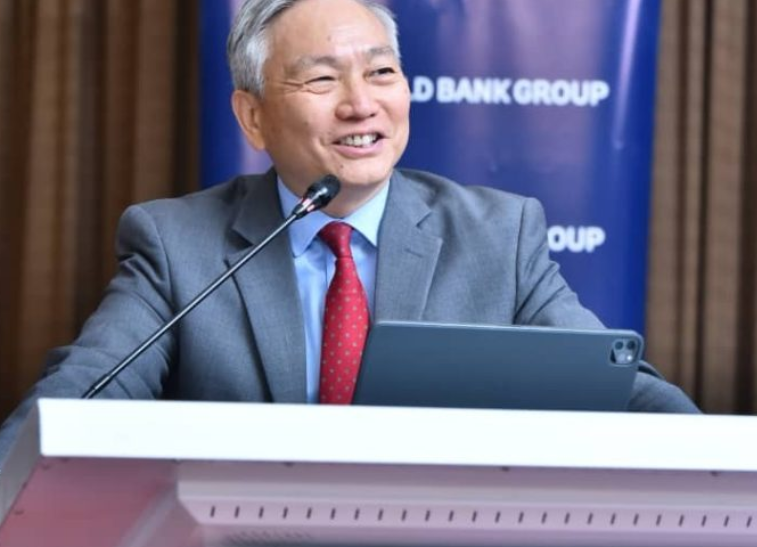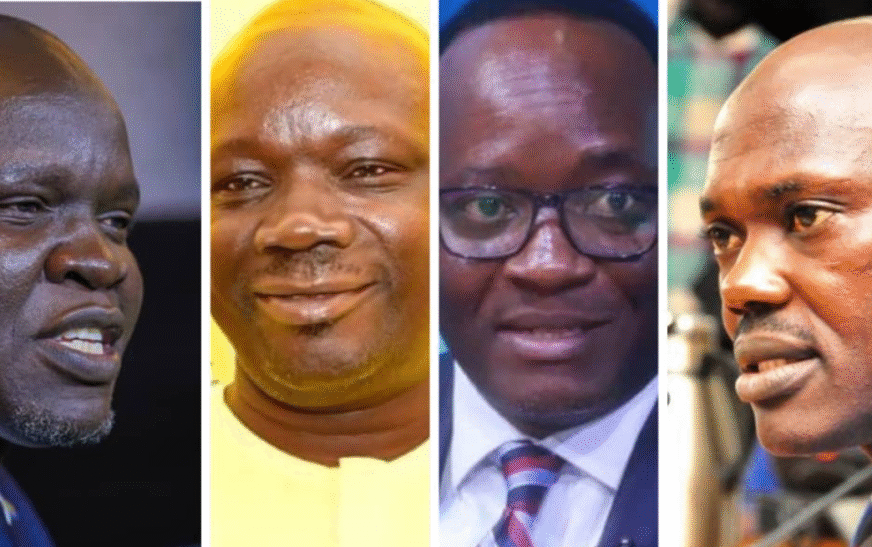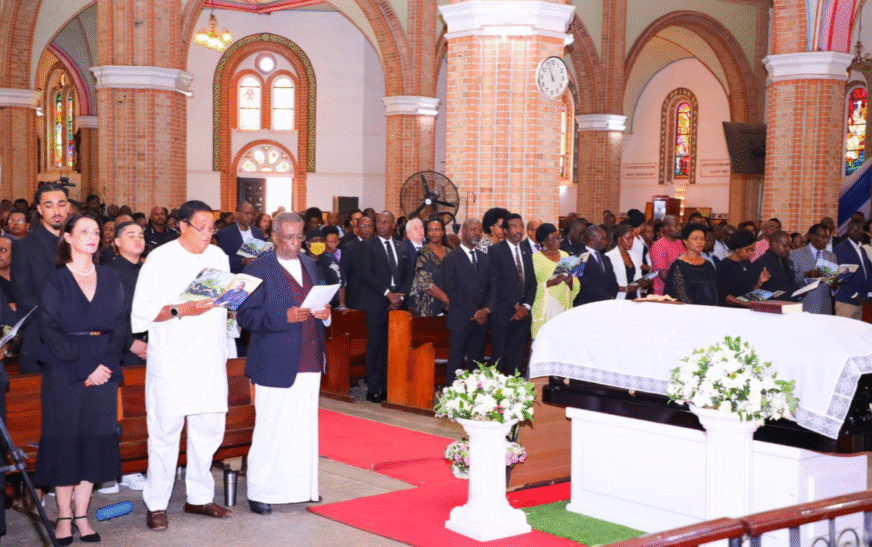The World Bank has officially lifted its two-year suspension on new loans to Uganda, a freeze initially imposed in response to the country’s enactment of the 2023 Anti-Homosexuality Act. The move marks a significant policy shift, balancing development priorities with human rights concerns.
The 2023 legislation, which drew widespread condemnation from Western governments, multinational organizations, and human rights groups, aims to “protect traditional families” by outlawing same-sex relationships and promoting what lawmakers describe as Uganda’s cultural values.
However, the law explicitly states that individuals identifying as homosexual—who neither engage in nor promote homosexual acts—do not commit an offense.
In lifting the suspension, World Bank officials emphasized that they had developed new “mitigation measures” to safeguard against discrimination. These include strict anti-discrimination protocols that will be applied to all funded projects, particularly in education, refugee assistance, and social welfare.
“We’ve worked closely with Ugandan authorities to ensure these safeguards are implemented,” a World Bank representative noted.
During the suspension, Uganda reportedly lost between $470 million and $1.7 billion in development financing, according to estimates from the UK-based advocacy group Open for Business. The freeze had a ripple effect, with several donor governments redirecting aid to NGOs instead of state channels.
Despite its controversial stance, Uganda remains heavily dependent on World Bank support. As the country’s largest multilateral creditor, the Bank funds critical infrastructure such as highways, power grids, and social service systems. However, economists remain divided: critics argue that such lending creates long-term dependency and is often tied to austerity measures that harm the poorest.
Sources suggest that the World Bank’s decision reflects a pragmatic shift in strategy, acknowledging the limited effectiveness of political pressure. With countries like China increasing unconditional infrastructure loans across Africa, Western institutions are facing declining influence unless they recalibrate their approach.
Notably, the newly approved funding avoids direct government budget support, instead channeling resources into targeted projects with tighter oversight. This allows the Bank to maintain engagement while signaling continued concern over rights-related issues.





















